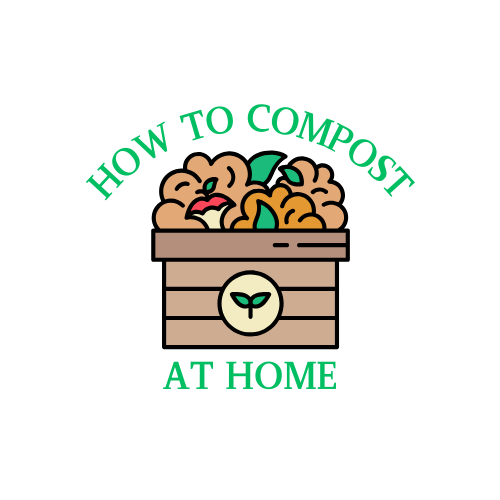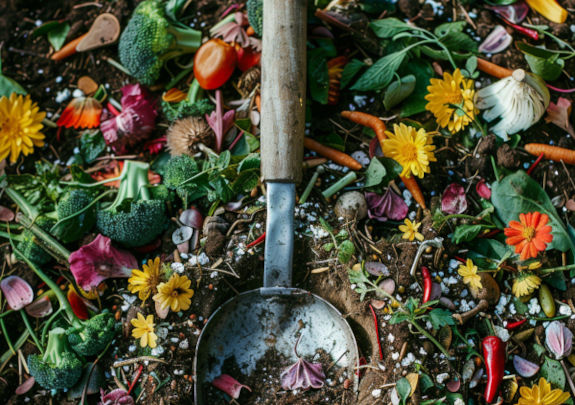Wondering what materials you can compost? Here’s a comprehensive guide to help you identify the types of organic waste suitable for composting.
Understanding Compostable Materials
Compostable materials are organic waste items that can be broken down and transformed into nutrient-rich compost through the composting process. These materials provide essential nutrients and organic matter to enrich the soil, promoting plant growth and soil health.
Types of Compostable Materials
Here’s a breakdown of common compostable materials categorized into green materials (nitrogen-rich) and brown materials (carbon-rich):
Green Materials (Nitrogen-Rich)
| Material | Description |
|---|---|
| Fruit and Veggie Scraps | Peels, cores, seeds, and leftover produce |
| Coffee Grounds | Used coffee grounds and filters |
| Tea Bags | Used tea bags (make sure they’re compostable) |
| Grass Clippings | Freshly cut grass from lawn maintenance |
| Plant Trimmings | Leaves, stems, and pruned branches |
| Garden Waste | Spent flowers, weeds, and dead plants |
| Manure (Herbivore) | Manure from vegetarian animals (e.g., cows, horses) |
| Seaweed | Washed and dried seaweed from the beach |
Brown Materials (Carbon-Rich)
| Material | Description |
|---|---|
| Fallen Leaves | Dried leaves collected from the ground |
| Straw | Dried stalks of grain plants |
| Hay | Dried grass or legume plants for animal feed |
| Sawdust | Fine wood shavings from woodworking projects |
| Paper | Shredded newspaper, cardboard, and paper bags |
| Cardboard | Corrugated cardboard boxes |
| Dryer Lint | Lint collected from dryer filters |
| Egg Cartons | Cardboard egg cartons (remove plastic labels) |
What to Avoid Composting
While many organic materials are suitable for composting, some items should be avoided due to potential contamination, odors, or slow decomposition. Here are items to exclude from your compost pile:
- Meat and dairy products
- Oily or greasy foods
- Pet waste (unless using a specialized system)
- Diseased plants or weeds with seeds
- Synthetic materials or non-biodegradable items
Tips for Successful Composting
To ensure successful composting, follow these tips:
- Balance Green and Brown Materials: Maintain a balance of green and brown materials to achieve an optimal carbon-to-nitrogen ratio.
- Aerate the Compost Pile: Turn the compost pile regularly to provide oxygen and facilitate decomposition.
- Manage Moisture Levels: Keep the compost pile moist but not waterlogged to support microbial activity.
- Chop or Shred Large Items: Chop or shred large materials to speed up decomposition and create a uniform compost mixture.
- Cover Exposed Compost: Cover the compost pile with a tarp or lid to retain moisture and prevent pests.
By composting your organic waste responsibly, you can reduce landfill waste, enrich the soil, and contribute to a more sustainable environment.

